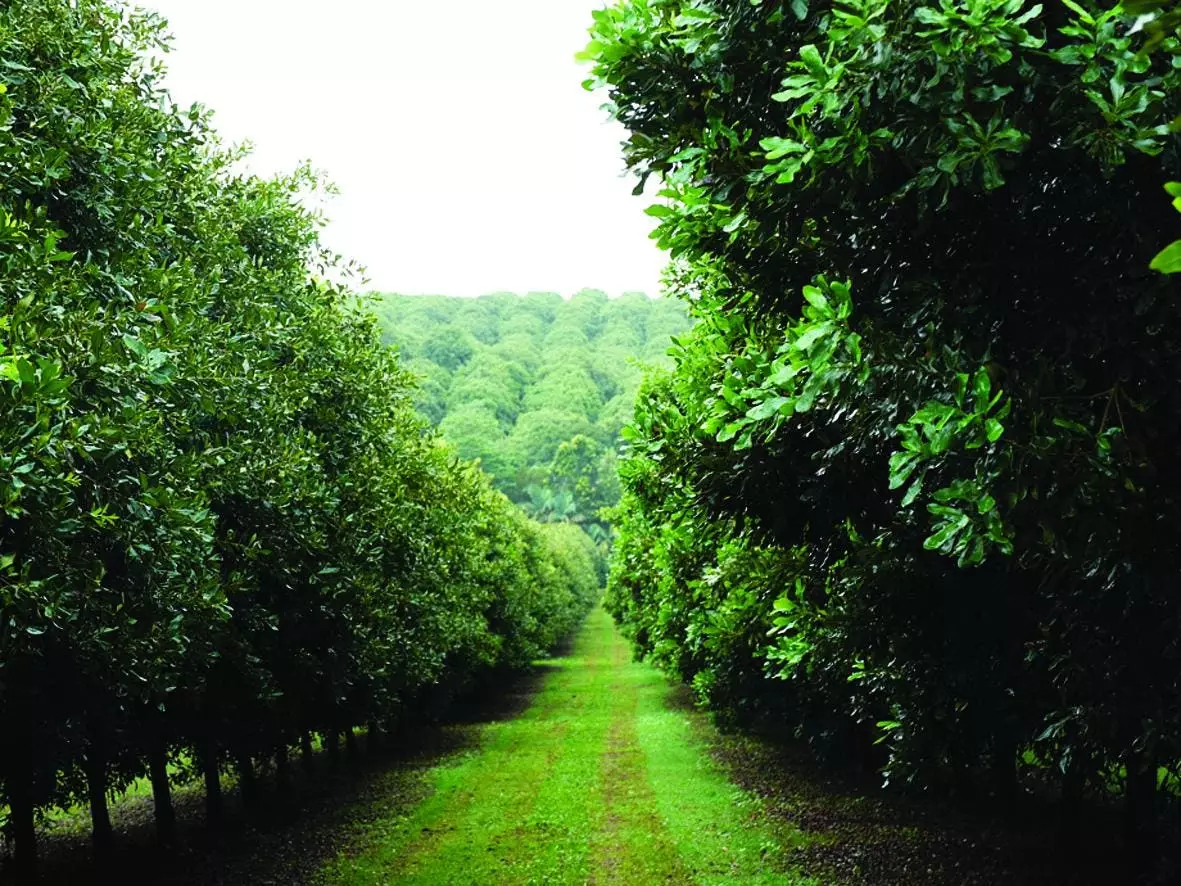The surge in popularity surrounding plant-based diets has unlocked unprecedented opportunities for innovation within this sector. Particularly noteworthy is the remarkable growth trajectory of the plant-based milk market, which was valued at a modest $2.8 billion in 2022 and is on a path to reach a staggering $7.3 billion by 2032. This expansion arrives at a crucial time when the food and beverage industry is grappling with an alarming waste crisis, characterized by the generation of approximately 78 million metric tons of plastic packaging each year—of which a dismal 14% is recycled. These sobering statistics highlight the dual challenge faced by companies: meeting growing consumer demand for plant-based products while also addressing the pressing need for sustainable practices.
Amid this complex landscape, Milkadamia emerges as a beacon of innovation, specializing in macadamia nut-based plant milks. The company takes a radical approach to product design and supply chain management, focusing on minimizing packaging waste. Their innovative offering, oat milk in sheet form—aptly named “Flat Pack”—challenges traditional packaging norms and offers a glimpse into the future of sustainable food production. This groundbreaking concept is part of Milkadamia’s “pre-cycling” model, aimed at mitigating waste at the source rather than merely relying on post-consumer recycling systems.
Flat Pack’s achievements are noteworthy: it boasts a remarkable 94% reduction in packaging compared to standard liquid milk containers and is 85% lighter, resulting in significantly lower transportation emissions. This leap in design encapsulates the spirit of modern eco-friendly consumerism while remaining appealing to a broader audience. By introducing consumers to a new way to consume plant-based milk, Milkadamia is redefining the standard for sustainability in the food industry.
Beyond product innovation, Milkadamia exemplifies a commitment to regenerative agricultural practices. This philosophy, which they refer to as “free-range trees,” emphasizes the importance of growing crops in their natural environments. Unlike traditional methods that rely on artificial irrigation and fertilizers, Milkadamia champions a “less is more” approach—prioritizing the health of the soil and the crops grown within it. By harnessing natural rainfall patterns and nurturing the ecosystems where macadamia trees have historically thrived, Milkadamia’s practices serve as a model for sustainable agriculture.
The company’s founder and CEO, Jim Richards, articulates the ethos behind regenerative farming: it’s about humility in recognizing the intricate interplay of natural processes that sustain agriculture. By focusing on cultivating rich, healthy soils, Milkadamia not only enhances the quality of their products but also contributes to a more sustainable food system overall.
Despite the compelling advantages of innovative containers like Flat Pack, conveying the significance of such changes to consumers remains a challenge. Jim Richards reflects on the complexities of integrating radical innovations into a market that often resists change. However, he observes a gradual shift in consumer attitudes toward sustainability—an evolution driven by mounting awareness of environmental issues. As citizens increasingly confront the realities of climate change and resource depletion, many are eager to participate in what Richards describes as a “daily mini-revolution”—transforming small actions into significant impacts.
The Flat Pack not only reduces waste but also encourages consumers to engage in food preparation. The packaging arrives with a playful reminder of its unique nature, stating “Some assembly required.” This label cultivates a sense of participation, allowing consumers to be stakeholders in the sustainability movement rather than passive recipients of packaged goods. Richards believes this empowers customers, fostering a relationship with the product that transcends mere consumption.
Though still in its pre-launch phase, the excitement surrounding Milkadamia’s Flat Pack is palpable. Engaging with retailers and promoting awareness at trade shows, the company is preparing to introduce this innovative product to the market early next year. The response thus far suggests a burgeoning demand for environmentally responsible products; consumers are ready for a shift.
As the world navigates an increasingly complex landscape of dietary choices and environmental challenges, Milkadamia stands out as a champion of sustainable practices. By revolutionizing product design, committing to regenerative agriculture, and inspiring conscious consumerism, they not only meet the demands of today’s market but also lay the groundwork for a more sustainable tomorrow. As we look ahead, the adoption of such innovative practices may become pivotal in transforming the food industry into a more responsible, eco-conscious space.

